How to protect personal data on the Internet
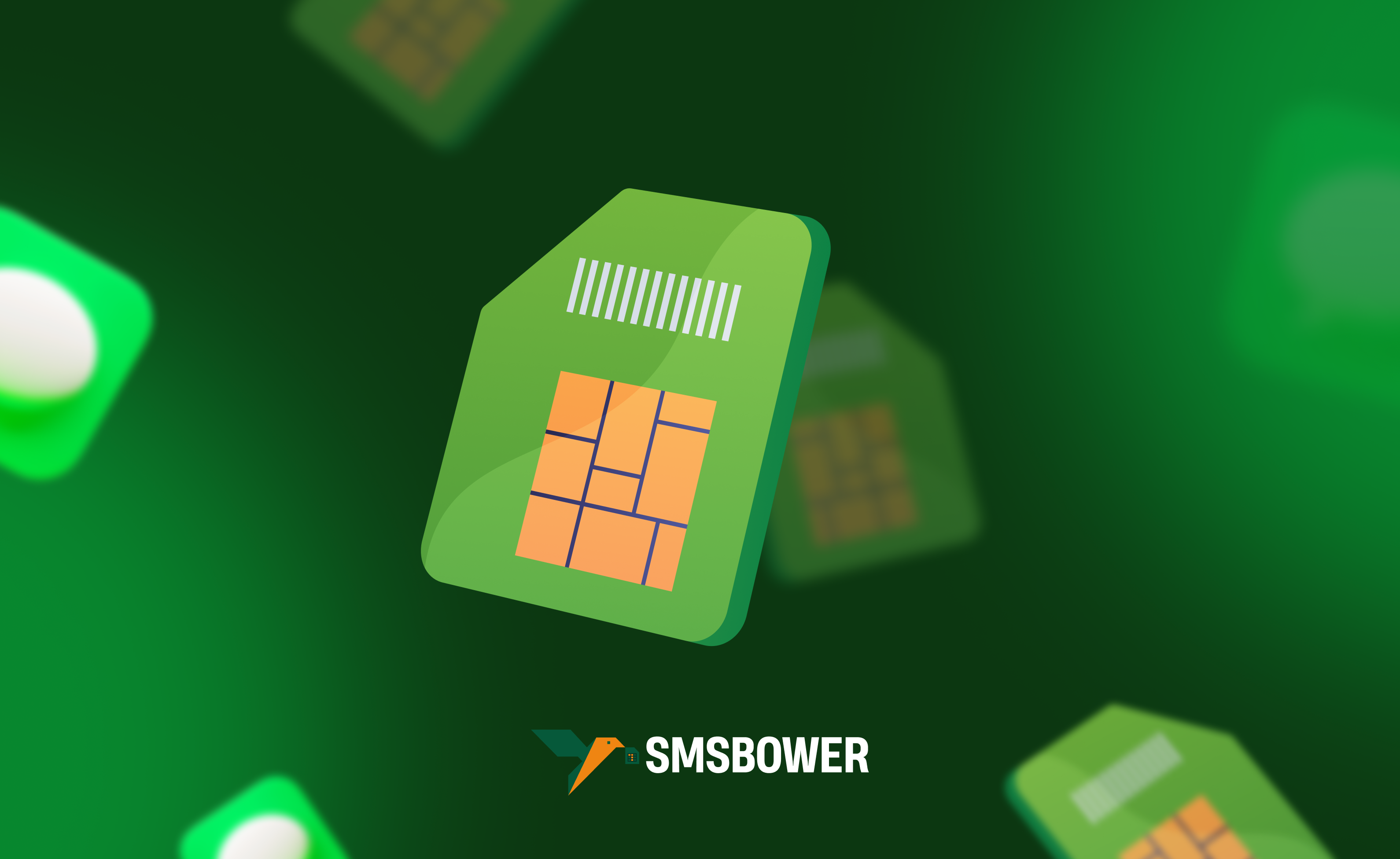
In the modern digital world, where the Internet plays a vital role in the daily lives of almost everyone, protecting personal data has become an essential skill. Cybercrime threats and the mere loss of personal information pose increasing risks every day, making it crucial to take proactive measures to ensure online security. In this article, we will share 10 key recommendations on how to protect your personal data.
By the way, you can enhance your information security right now. Use reliable virtual numbers for registering on social networks and messengers from the best SMS activator on the web, SMSBOWER. For a minimal fee, you can create a secure account on any online service with guaranteed SMS delivery and complete anonymity!Use Strong Passwords for Your Accounts
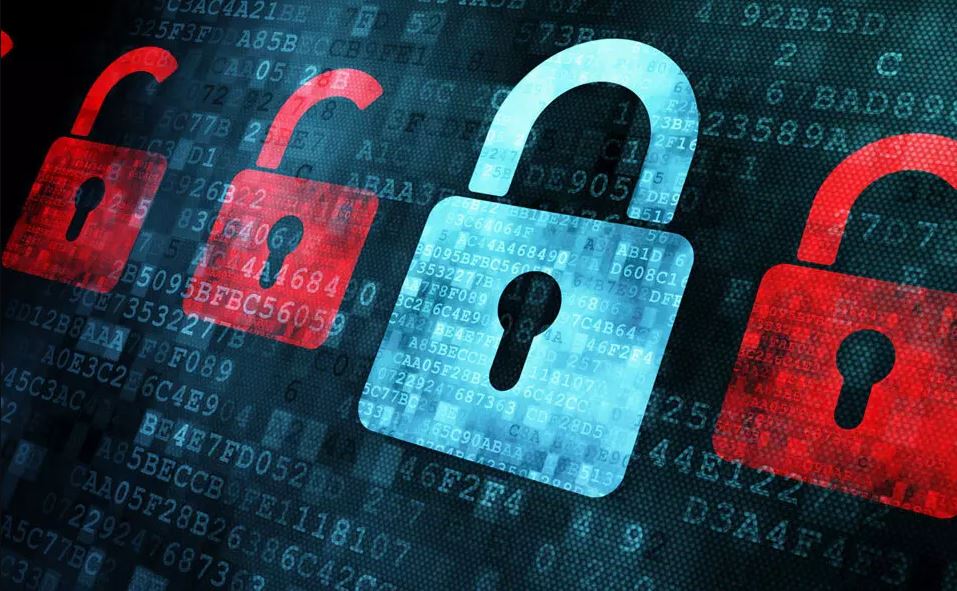
The security of your online profile starts with using a strong password. Create unique combinations, avoiding obvious words, birth dates, or personal names. Use a mix of uppercase and lowercase letters, numbers, and symbols to maximize the protection of your personal data. Regularly update your passwords, especially after data breaches.
Enable Two-Factor Authentication for Additional Account Security
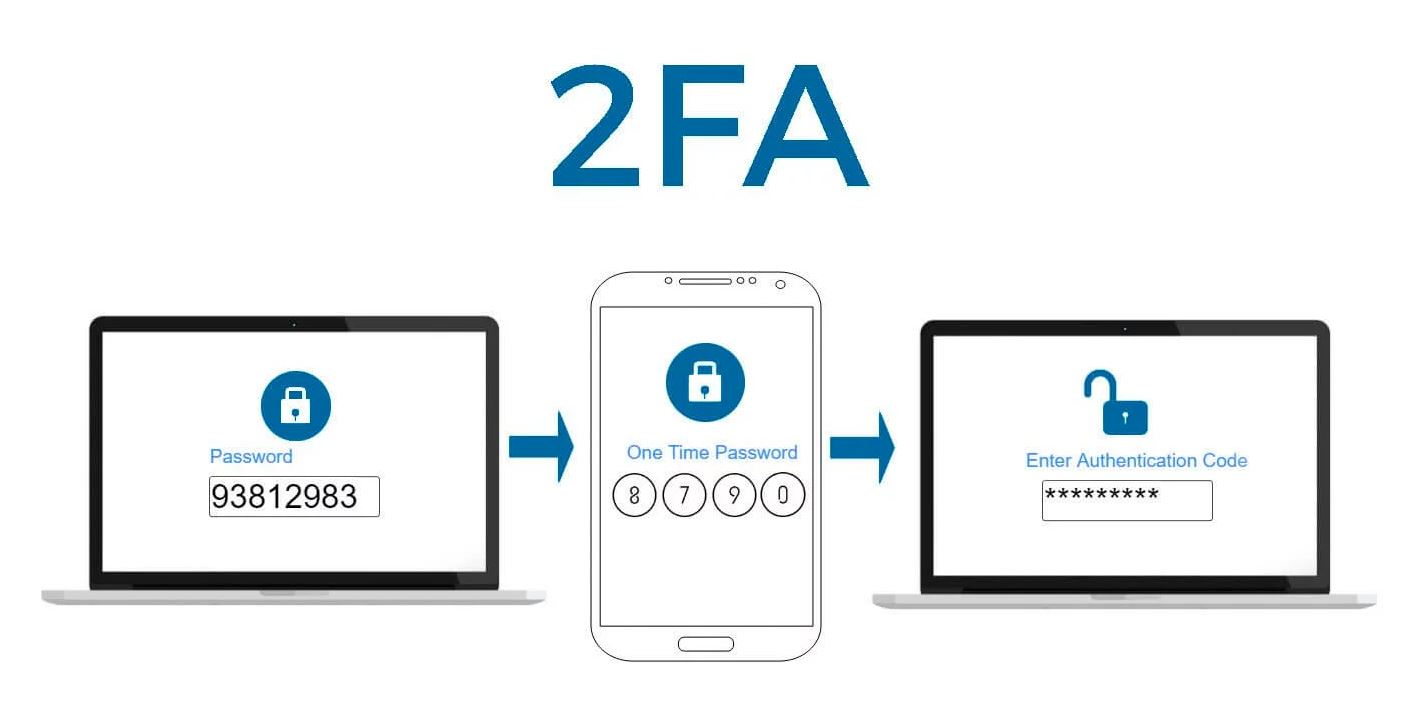
Two-factor authentication (2FA) adds an extra layer of security by requiring an additional form of identity verification, beyond just a password, to log in to a service. This could be a code from an authenticator app on your mobile device, an SMS, or an email. Enable 2FA for all your online accounts to maximize the protection of your personal data.
Manage Privacy Settings in Social Networks and Messengers Wisely
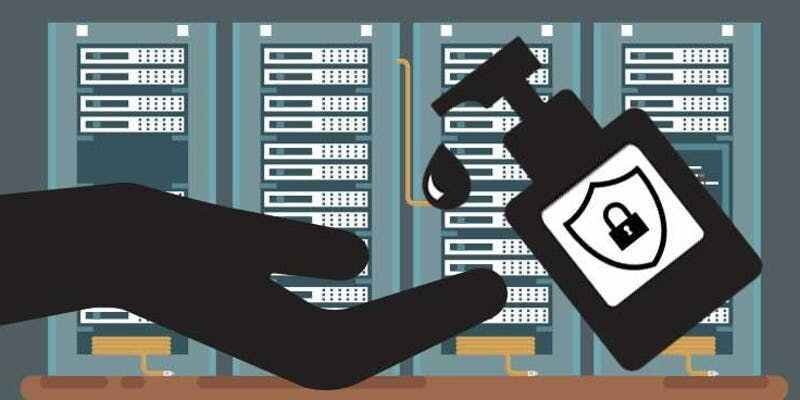
Be mindful of privacy settings in social networks and messengers. Limit access to your personal information by setting strict privacy controls to protect your data. Monitor who can view your profile, photos, and other information.
Use Secure Email Services
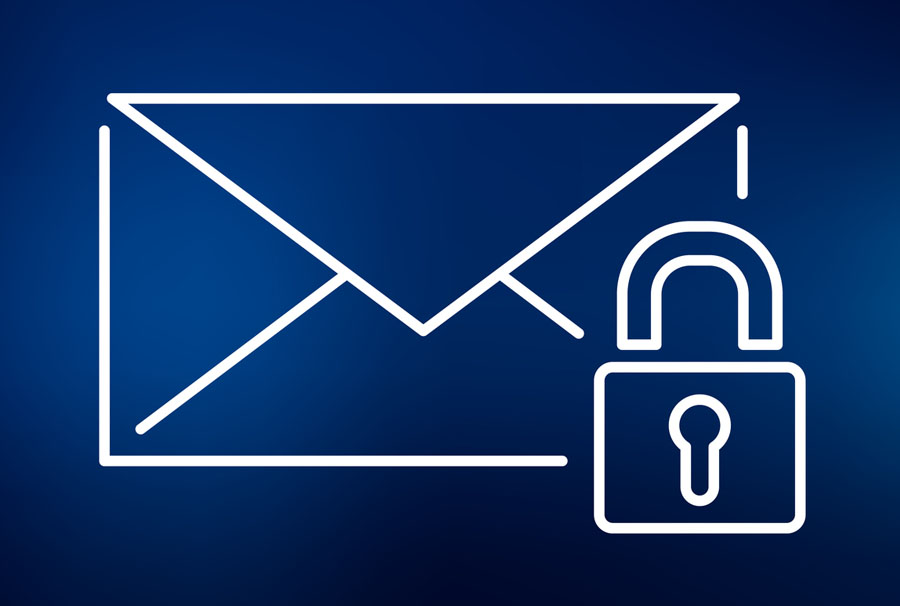
Email is a key element of security for many online accounts. Protect your inbox with a strong password and enable two-factor authentication. Regularly check your email activity and respond immediately to suspicious actions. Consider using secure email providers like ProtonMail and similar services to protect your personal data.
Keep Software Updated to Address Security Vulnerabilities

Regularly updating operating systems, browsers, and other software is a vital aspect of security. Updates often include security patches that fix identified vulnerabilities. Don’t delay updates to minimize risks.
Manage Cookies Safely
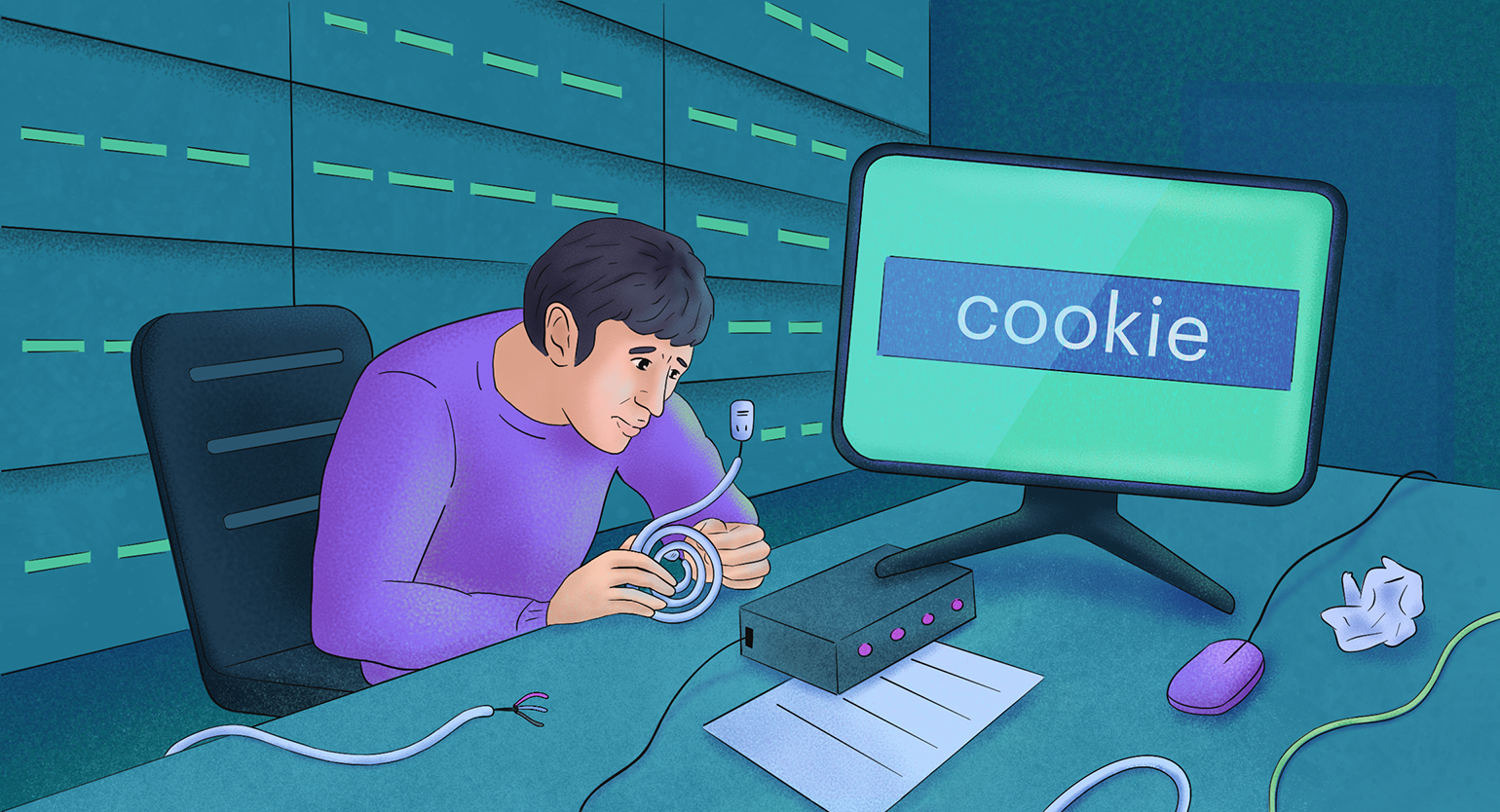
Configure your browser to limit the use of third-party cookies. Cookies can contain your personal information, so it’s important to regularly clear them and control what data you allow third-party websites to store.
Register Online Using Virtual Numbers
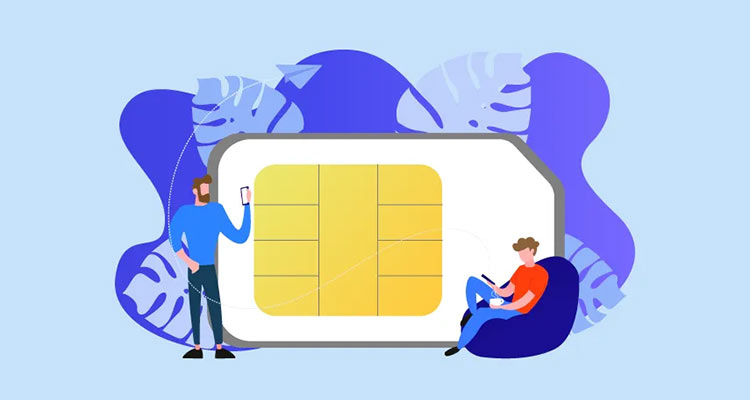
Protect your real mobile number by using virtual numbers for online registrations. This prevents unwanted calls and messages and reduces the risk of your primary number being leaked.
Choose trusted SMS activators that guarantee message delivery and ensure a high level of anonymity, thereby protecting your personal data. Here you can find reliable virtual numbers for over 700 different services at attractive prices.Counteract Phishing
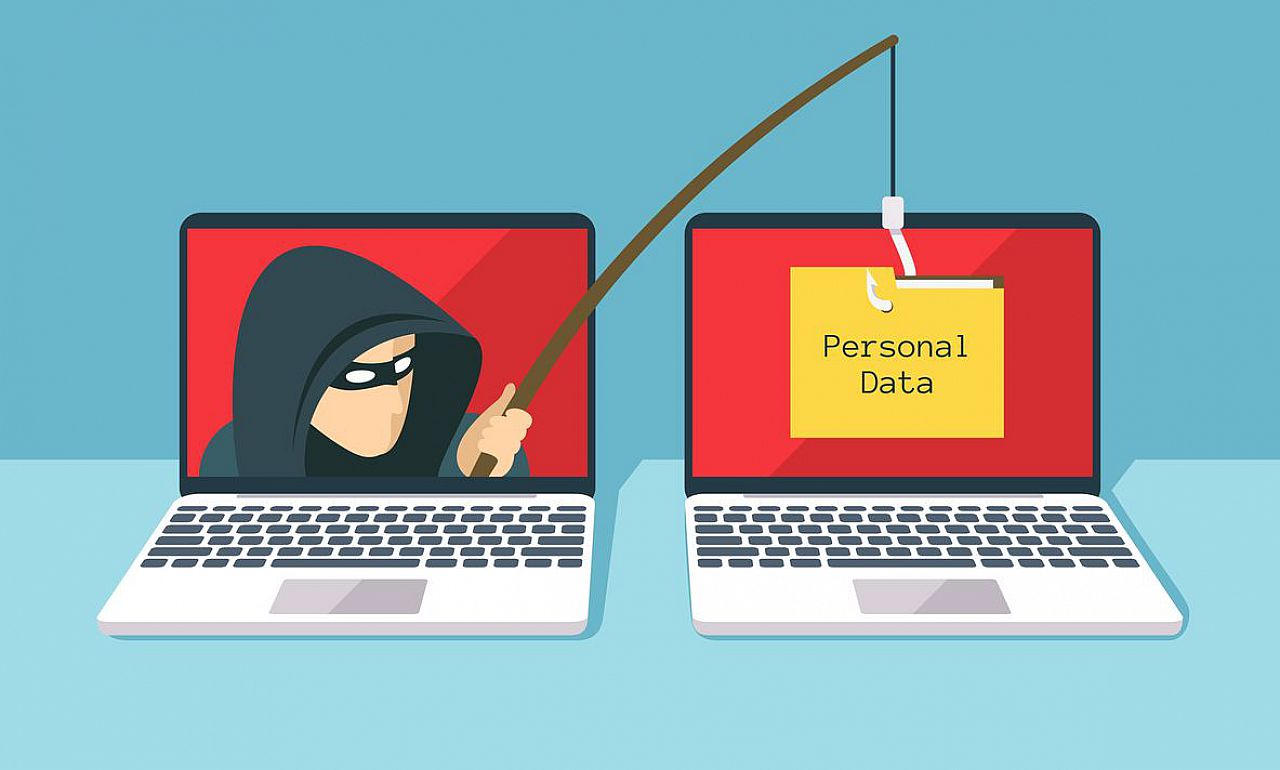
Be cautious with emails and websites that attempt to extract your personal information. Never provide confidential data in response to suspicious requests, and avoid clicking on links in emails from unknown senders. Always verify the URLs of websites, especially those providing financial services.
Continuously Improve Awareness and Learn Cybersecurity Practices
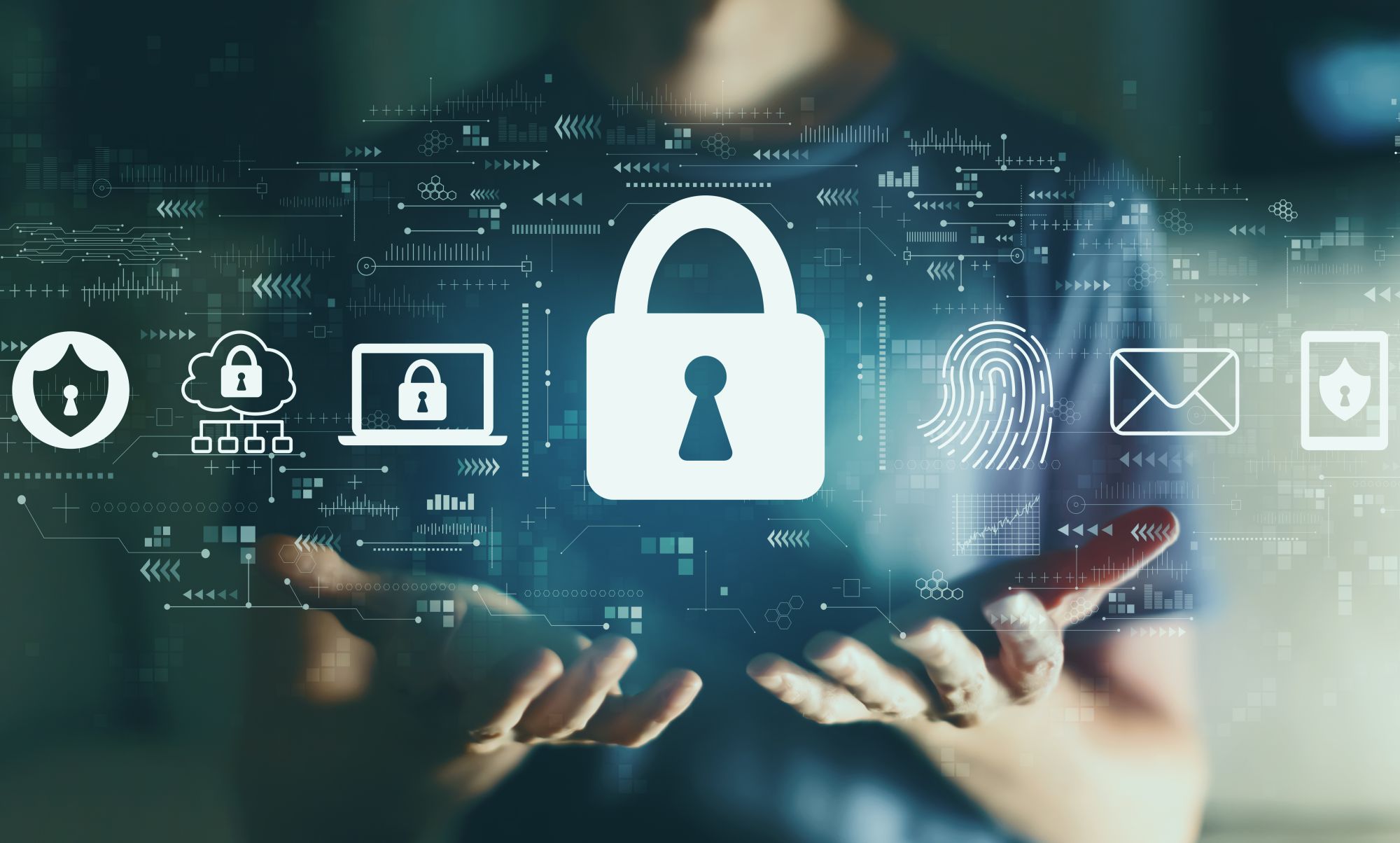
Keep your knowledge of cybersecurity up to date by participating in educational programs and training sessions. The more aware you are of potential threats, the better you can protect your data. Stay informed about news and trends in the field of cybersecurity.
Information security requires constant attention and proactive measures. We have shared how to protect your personal data online using simple rules for digital behavior. Strictly following these recommendations will help you strengthen your cybersecurity and reduce the risks of losing personal information. Remember: prevention is better than cure.
Popular Articles
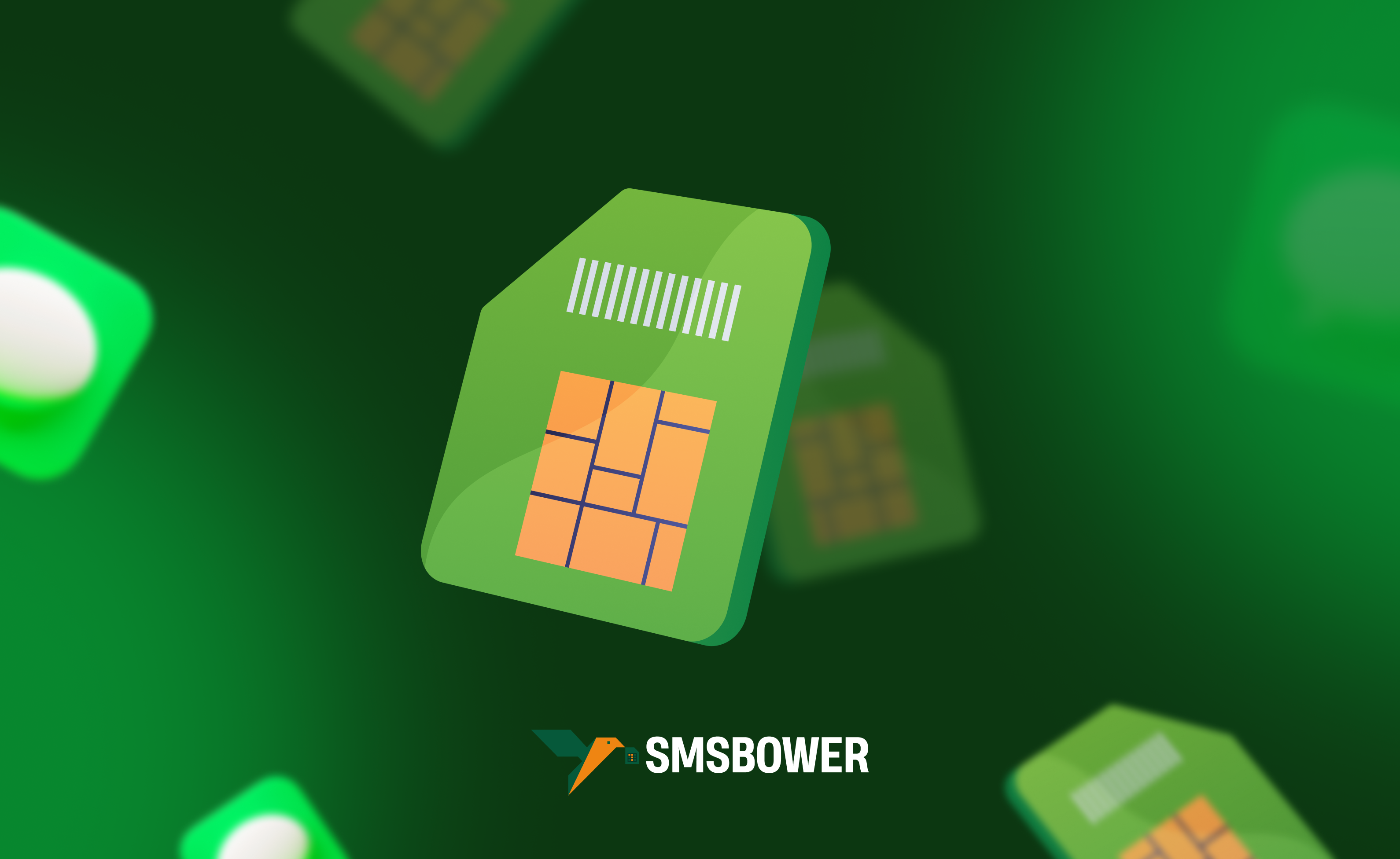

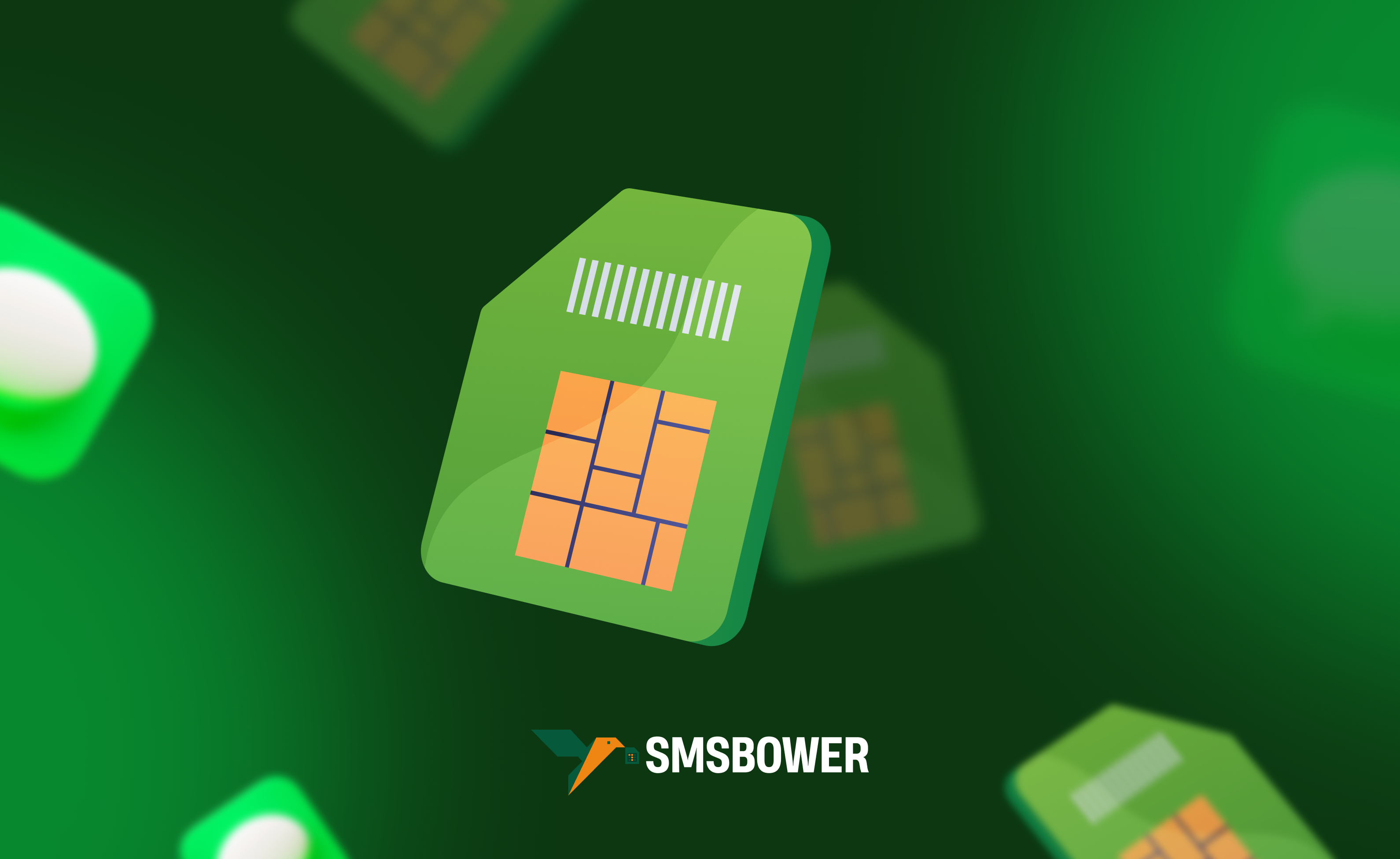

 EN
EN

